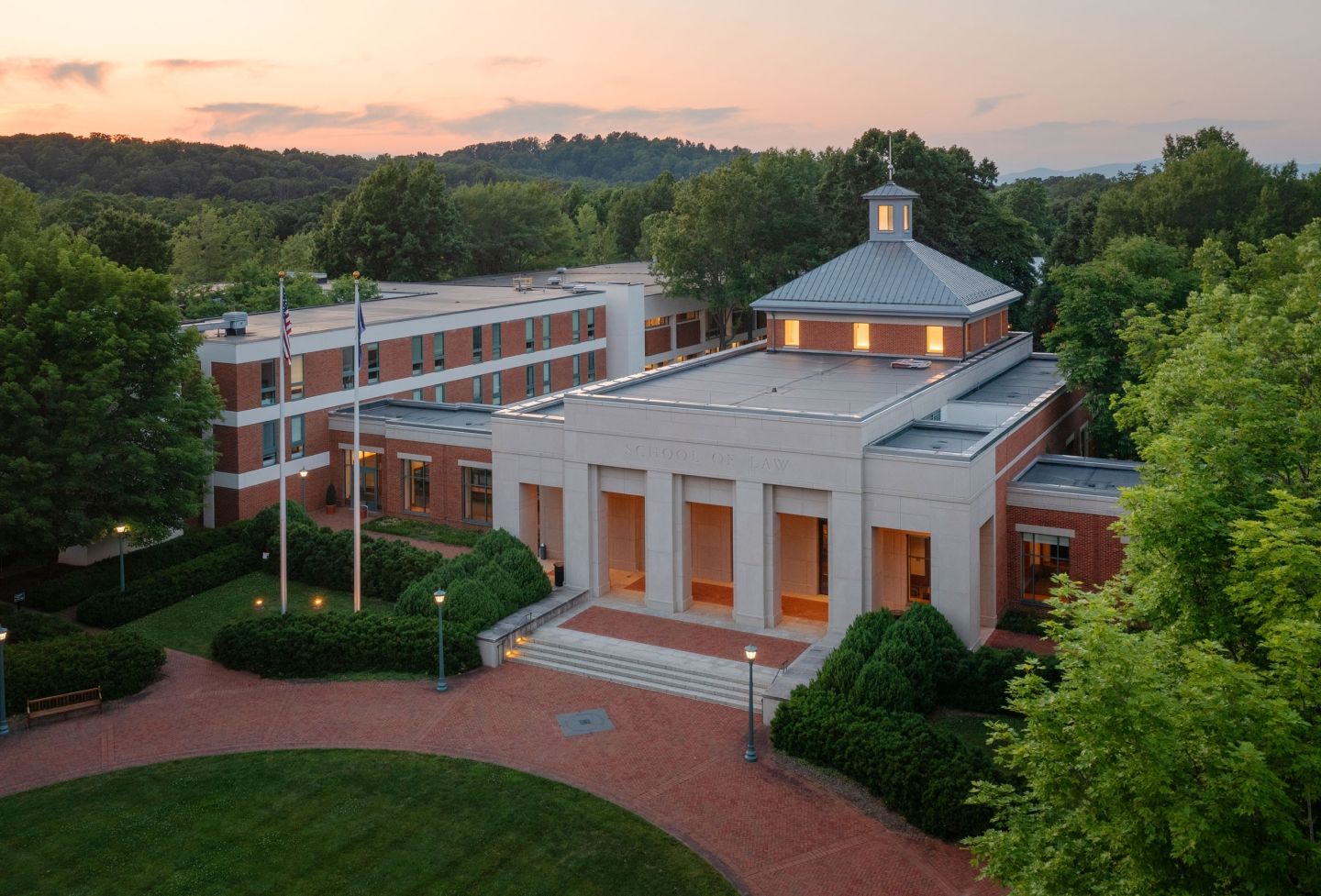Advocates for a medical response to the U.S. opioid epidemic typically emphasize that addiction should be treated as a “brain disease.” Neuroscientist Marc D. Lewis, who questions whether addiction is a disease in a scientific sense, will speak at the University of Virginia School of Law on March 12 at 4 p.m. in the Purcell Reading Room. He argues that addiction is better understood as a learning process, drawing on case histories, including his own, to support his arguments. An addiction psychiatrist from the University will offer a response.
The event, “Is Addiction a ‘Brain Disease’? Does It Matter?,” is the 17th P. Browning Hoffman Memorial Lecture in Law and Psychiatry, sponsored by the Institute of Law, Psychiatry and Public Policy and the University’s schools of Law and Medicine. The institute is directed by UVA Law professor Richard Bonnie, who also holds appointments in Medicine and the Frank Batten School of Leadership and Public Policy.
“We are at a pivotal moment in the history of opioid policy,” Bonnie said, because lawmakers are grappling with the urgent challenges posed by the epidemic. Bonnie recently chaired a study on the opioid epidemic for the National Academies of Sciences, Engineering and Medicine that offered recommendations to the Food and Drug Administration.
Lewis served as a professor of developmental psychology at the University of Toronto from 1989-2010 and at Radboud University in the Netherlands from 2010-16. He is the author or co-author of more than 50 journal publications in psychology and neuroscience. In his first book on addiction, "Memoirs of an Addicted Brain," he connects his own years of drug use with an account of how the brain changes with addiction. In the second, "The Biology of Desire: Why Addiction Is Not a Disease," biographies of addicts are linked with neuropsychological findings to show how addiction develops and how it can be overcome. Both books have been published in several languages, and "Biology" received the PROSE Award for psychology from the Association of American Publishers in 2016.
After Lewis’ lecture, Dr. Nassima Ait-Daoud will offer a response on the value of considering addiction a disease. Ait-Daoud is an associate professor with the School of Medicine’s Department of Psychiatry and Neurobehavioral Sciences, director of the UVA Center for Addiction Research and Education, and medical director of outpatient psychiatry. At the center, she conducts multiple clinical trials testing new medications and interventions to treat different types of addiction.
Lewis and other experts believe that calling addiction a brain disease is essentially a moral or political statement, not a scientific one, Bonnie said, but “the utility of changing the language about addiction is part of the discussion about changing the policy.” Whether you believe addiction is a disease or not, Bonnie said, “we need policies that are more compassionate and more effective.”
Founded in 1819, the University of Virginia School of Law is the second-oldest continuously operating law school in the nation. Consistently ranked among the top law schools, Virginia is a world-renowned training ground for distinguished lawyers and public servants, instilling in them a commitment to leadership, integrity and community service.


